Most Feared Nigeria Politicians Alive
In Nigeria, politics transcends policies or institutions. It is often driven by individuals—powerful men whose presence, influence, and strategic maneuvers reshape the direction of governance. These Nigeria politicians are not just public servants; they are power brokers. In many cases, they exercise authority that outpaces the very laws they swore to uphold.
Being a feared Nigeria politicians doesn’t necessarily mean wielding brute force. It’s about control, dominance, survival, loyalty networks, and enduring relevance. In Nigeria’s complex political terrain, fear is often more influential than democratic accountability.
Let’s take a closer look at some key figures in Nigerian politics to determine who truly is the most feared politician in the country.
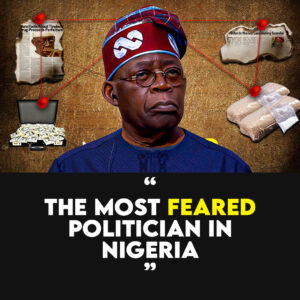
1. Nasir El-Rufai: The Polarizing Technocrat
Few Nigeria politicians divide public opinion as sharply as Nasir El-Rufai. His leadership style blends technocratic excellence with authoritative decision-making. As the former Minister of the Federal Capital Territory (FCT) under President Obasanjo, El-Rufai became known for demolishing illegal structures without hesitation. As Governor of Kaduna State, his reformist approach sparked both admiration and outrage.
El-Rufai is unapologetically blunt. He’s known for avoiding political correctness, which often puts him in hot water over controversial statements—especially those concerning religion and ethnicity. Supporters applaud his commitment to reforms in education, civil service, and security. Critics, however, accuse him of being divisive and excessively high-handed.
What makes El-Rufai feared isn’t just his governance style, but his deep-rooted connections to powerful political blocs. Even after leaving office, his voice still echoes in Nigeria’s power corridors—an enduring sign of influence beyond tenure.
2. Nyesom Wike: The Loud Strategist of the South-South
Nyesom Wike, the former Governor of Rivers State and current FCT Minister, is a man of dramatic political expression. His politics is loud, confrontational, and highly effective. As governor, he ruled with an iron grip, transforming Rivers State into a battleground of political dominance.
His public fallout with the PDP leadership and subsequent alliance with the APC showcased his willingness to challenge the status quo. Wike is not afraid of a fight—and anyone who has crossed him knows the consequences.
However, Wike’s influence is largely regional. His power base remains the South-South, and beyond that zone, his dominance weakens. Still, his resilience and ability to remain politically relevant—now at the heart of federal power—make him a political force to reckon with.
3. Atiku Abubakar: The Wealthy Negotiator, Not the Feared
Atiku Abubakar is one of Nigeria’s wealthiest and most persistent politicians. He has run for president more than any other candidate since the Fourth Republic began. His money and connections run deep.
Yet, despite his vast political machinery, Atiku is not feared. Why? Because he plays politics like chess—not war. He builds alliances, negotiates, and funds influence, but he does not dominate. In the hierarchy of Nigerian strongmen, influence without fear is simply incomplete.
4. Peter Obi: The Idealist Who Inspires, Not Intimidates
Peter Obi brings a refreshing, value-driven approach to Nigerian politics. He is revered by many—especially the youth—for his message of fiscal discipline, transparency, and civic responsibility.
Obi is a reformer, not a revolutionary. He evokes hope, not fear. In a country where fear often ensures obedience and political control, Obi’s strength lies in his moral clarity. But that very quality also limits his reach in a system built on coercion and command.
watch full video clip here
5. The Old Guards: IBB and Obasanjo—Legacies Without Present Fear
Once upon a time, names like Ibrahim Babangida (IBB) and Olusegun Obasanjo were synonymous with raw power. IBB, the “smiling general,” annulled elections without blinking. Obasanjo, a military and civilian leader, redefined post-military politics.
Today, their influence has waned. Though still respected and occasionally consulted, they no longer inspire the fear they once did. Their time has passed.
6. Bola Ahmed Tinubu: The Most Feared Nigeria politicians
And then, we arrive at Bola Ahmed Tinubu.
Even before becoming Nigeria’s President, Tinubu had entrenched himself deep within the country’s political architecture. What he lacked in military background, he compensated with patience, structure, and strategy.
The Genesis of a Political Architect
Born in 1952, Tinubu’s early years were filled with mystery—controversies over his academic background and sources of wealth persist to this day. Nevertheless, his journey from Mobil executive to political powerhouse was one of calculated moves and unmatched ambition.
Tinubu played a pivotal role in the June 12 pro-democracy struggle as a member of NADECO, gaining access to elite political circles. But his activism was a stepping stone, not the destination.
Lagos: The Political Empire Begins
As Governor of Lagos State from 1999 to 2007, Tinubu viewed the position not as a term of office, but as a launchpad for a multi-decade political empire. He transformed Lagos’ Internally Generated Revenue (IGR) from a few hundred million to over ₦7 billion monthly and assembled a loyal team of technocrats.
He created systems of political dependency—ranging from tax systems to party structures—ensuring his continued relevance even after leaving office.
From Regional Power to National Influence
After his tenure, Tinubu shifted focus to building political parties. He founded the Action Congress (AC), which evolved into the Action Congress of Nigeria (ACN). This party expanded across the Southwest and eventually merged into the All Progressives Congress (APC)—the platform that brought Muhammadu Buhari to power in 2015.
More than just a political win, this showed Tinubu’s ability to shape presidential outcomes. His support is a make-or-break factor for many Nigerian politicians. Fear of losing that support keeps many in check.
Why Tinubu Is the Most Feared Nigeria politicians
1. Control Over Structures and Narratives
Tinubu’s fear factor doesn’t come from threats. It comes from structure. He controls narratives, influences election outcomes, and has a grip on financial and political systems across the country.
His power isn’t loud; it’s deeply embedded. Even when not in office, his influence stretches through every layer of governance—from local governments to national policy.
2. Massive, Untraceable Wealth
Tinubu’s wealth is both vast and elusive. Officially, he isn’t recognized as one of Nigeria’s top businessmen, yet his campaigns, patronage, and assets suggest otherwise.
He has long been linked to Alpha Beta, a private firm alleged to collect Lagos State taxes in exchange for huge commissions. A whistleblower once alleged Tinubu was the silent owner behind it—but the case mysteriously fizzled out.
Beyond tax revenue, Tinubu’s influence touches land, real estate, and infrastructure contracts in Lagos. Critics say public wealth was systematically turned into private capital under his watch.
Importantly, many current political leaders owe their rise to Tinubu’s financial backing. These “investments” have generated returns in loyalty and silence, building a loyal army ready to protect his interests.
3. Media Domination
Tinubu doesn’t just control wealth—he controls perception. He’s linked to powerful media platforms like TVC News and The Nation Newspaper.
These outlets act as both campaign platforms and damage-control units. They amplify Tinubu’s achievements while minimizing or ignoring his failures. In a country where traditional media shapes public opinion, owning the message is as critical as owning the mandate.
Final Thoughts: Power Rooted in Invisible Control
Tinubu’s true power lies not in public speeches, but in private dominance. He has built an ecosystem—spanning politics, media, and finance—that operates even in his absence.
His system is so deeply wired into Nigeria’s political framework that challenging it is almost unthinkable. Now that he is President, it is safe to say that Tinubu is not just the most feared Nigeria politician —he is also untouchable.
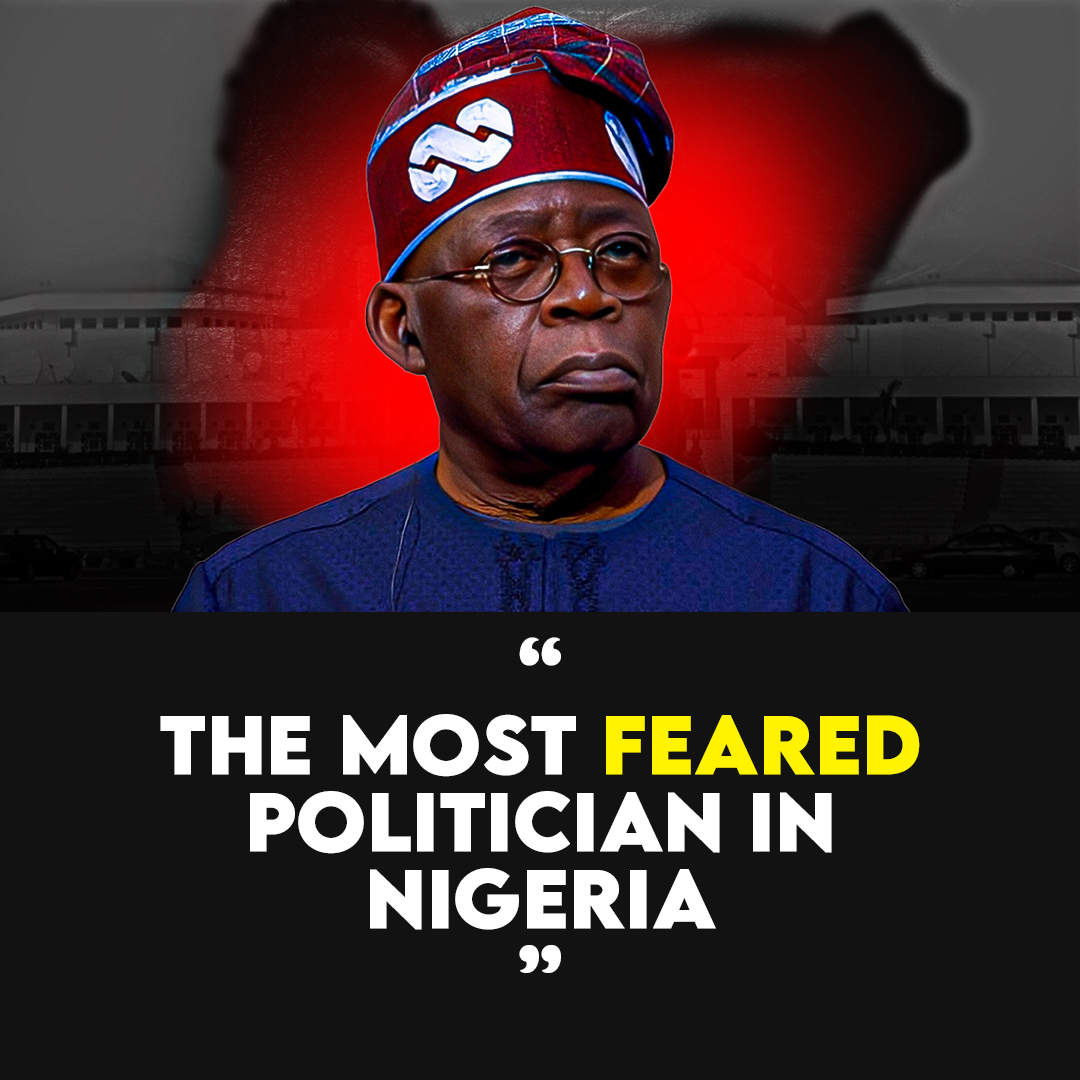
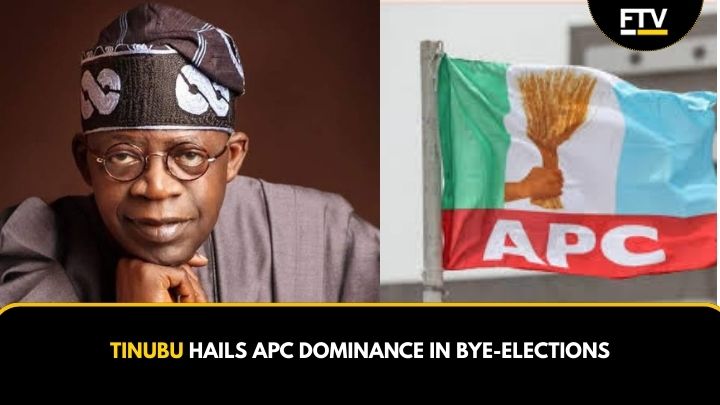
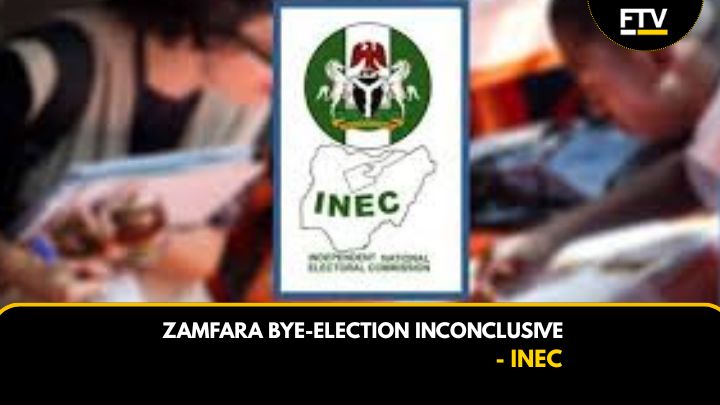



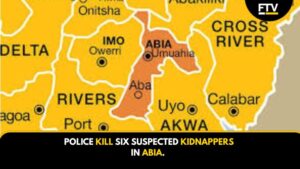


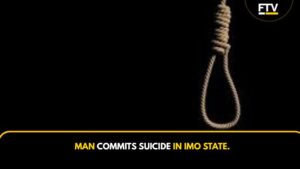
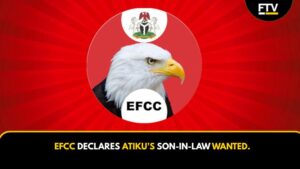

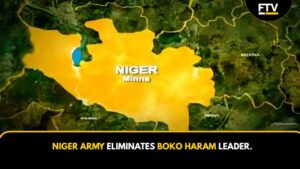

Post Comment